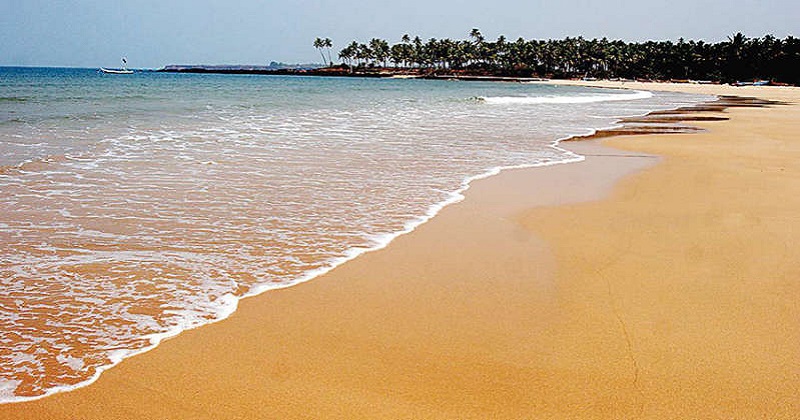
Researchers from India, Australia, and the United States conducted new research on the world’s first beach that is bound to surprise many. According to their report, the earth’s continents originated 700 million years earlier than previously thought, and the world’s first beach was developed in a small region in India’s Jharkhand.
“Although contested, the broad view is that the subaerial ascent of continents began about 2.5 billion years ago and was driven by plate tectonics,” the researchers wrote in their study. The igneous and sedimentary histories of Archean cratons are combined here to show that stable continental landmasses began to form above sea level 3.3 to 3.2 billion years ago.
One of the most fascinating aspects of this research is that scientists claim they have discovered the world’s first beach in the Singhbhum district of Jharkhand, a district that is currently surrounded by land and does not have any ocean.
‘We found a special sort of sedimentary rocks called sandstones, then we sought to figure out how old they were and what conditions they had formed under. The age was determined by examining the uranium and lead concentration of small minerals’ Priyadarshi Chowdhury, the study’s lead scientist, told the Indian Express.
These rocks are over 3.1 billion years old, according to the expert, and were produced in ancient rivers, beaches, and shallow oceans. Only continental land could have supported these water basins, implying that the Singhbhum region was above the ocean roughly 3.1 billion years ago.

Post Your Comments